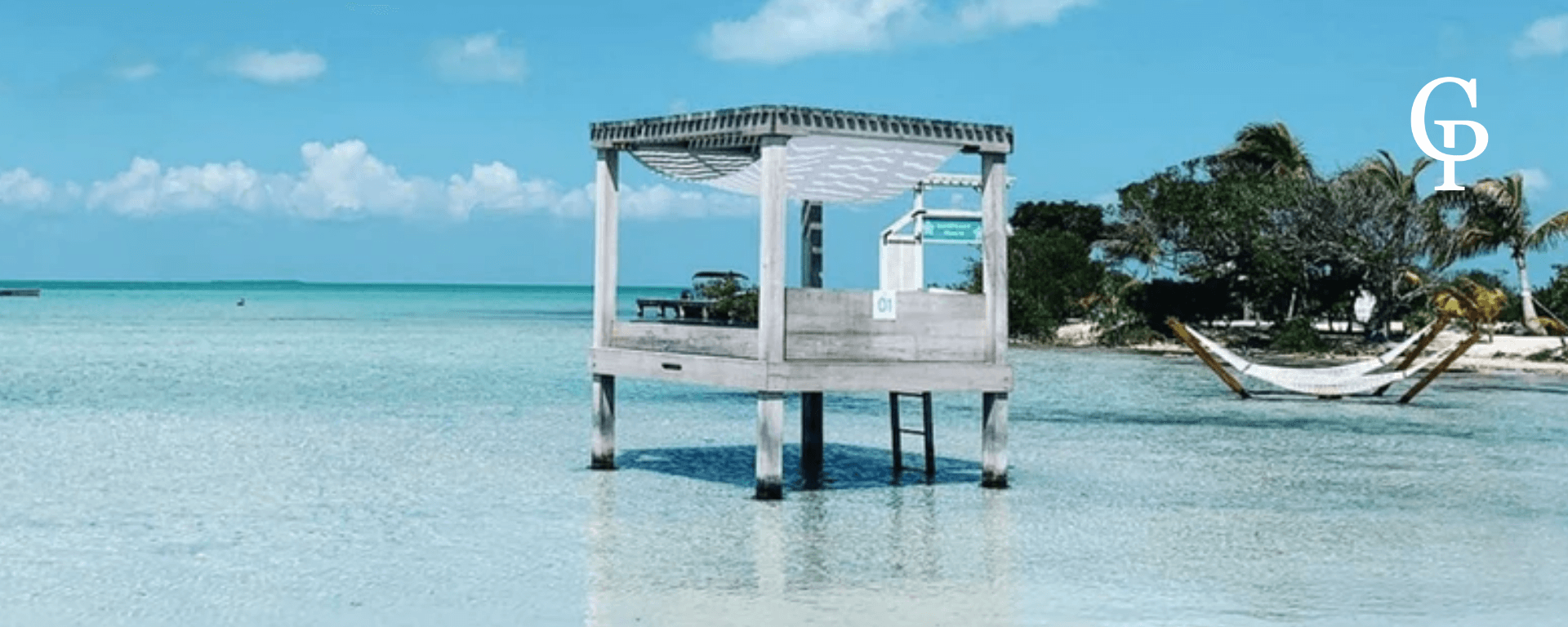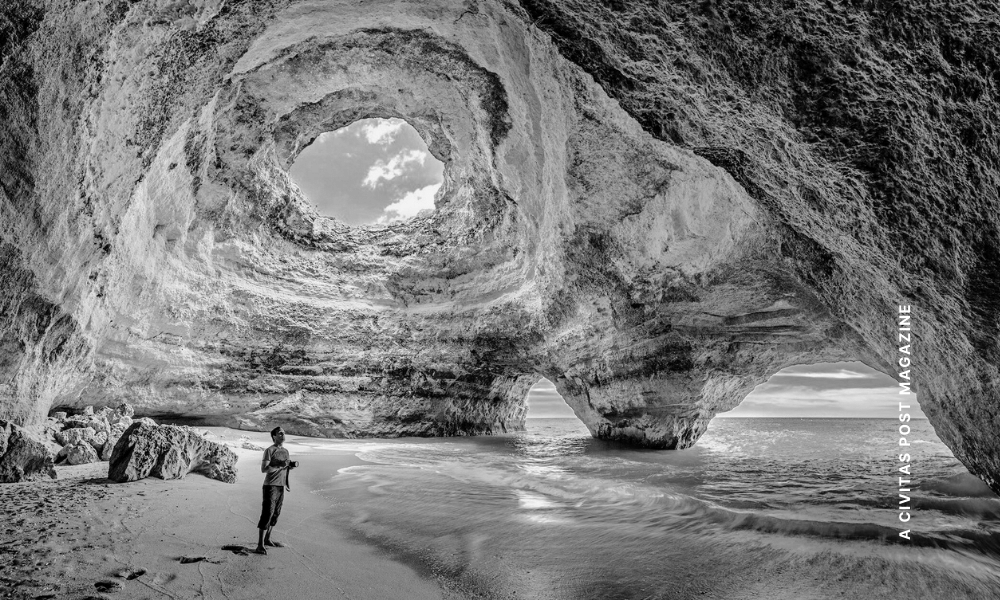Luigi Wewege of Caye Bank sheds light on offshore banking, its merits, the types of accounts available and what to consider when selecting an offshore bank. Caye Bank is headquartered in Ambergris Caye, Belize and serves corporate and private clients globally.
Offshore banking involves establishing financial accounts within a nation other than the country where the account holder resides. While many people understand the basic concept, many still have questions.
If you’re considering opening an offshore bank account, here are 9 of the top frequently asked questions about offshore banking to give you additional insight into the topic.
1. What Types of Accounts are Available in an Offshore Bank?
There’s nothing particularly mysterious about the nature of offshore banking accounts. Quite a few of them are like what you would find at home.
International banks offer checking accounts that will function in much the same way as domestic ones. Some savings accounts allow you to amass more wealth over time. You can also opt for time deposit accounts that provide a higher interest rate and provide additional financial stability.
While being familiar, these and other accounts may also include elements that provide more significant benefits than what you enjoy at home. Those perks will vary from one nation to the next. If you’re thinking about opening an offshore bank account, make sure you know what advantages are offered by an institution within a specific jurisdiction.
2. Is Offshore Banking Safe?
One of the most common perceptions about offshore banking is that it comes with a lot of risks. According to some, you may gain some perks, but the potential for losing your money is higher than with a domestic bank. That’s not necessarily the case.
Several nations have enacted laws and protections that provide the same or even better safe havens for your money than you can find at home. For example, the protections found in some countries may mean that your money is safe even during an economic crisis. Check the banking and tax laws that apply, and you’ll know if accounts in that country are right for you.
3. Is Offshore Banking Only for the Rich?
Certain individuals have the idea that you must be a millionaire to open an offshore bank account. It surprises many to learn that offshore banks have account types that can be opened with modest initial deposits. This is excellent news for anyone who is part of the middle class and might need to start with a lower opening balance that can be increased over time.
As with other aspects of international banking, the minimum deposit required varies based on the type of account you want to open and the bank’s policies. You may not begin to earn interest on the account balances until they reach a certain level. The bank officers can explain these and other aspects before you open any accounts.
4. Are Offshore Bank Interest Rates Competitive?
Once you reach the minimum balance required, many offshore bank accounts come with interest rates that exceed what you could earn at home. As long as you maintain those balances per the bank’s requirements, the interest remains yours.
The result is that you get to grow your balances faster with offshore accounts.
You’re likely to find that a time deposit account based in the right country will provide more interest income than you might earn from a domestic certificate of deposit. To find out if that’s true, project what you would earn using a domestic account versus an offshore counterpart. The difference may surprise you.
5. How Can I Access My Account in Another Country?
There was a time when offshore banking meant doing quite a bit of correspondence by the post. Many people also hired local agents to manage their accounts on their behalf. While having an agent is still a good idea in some cases, online account management has become more common and is readily available in many offshore locations.
This makes it easy for you to initiate transfers between accounts, deposit funds into specific accounts, and review posted transactions any time you like. That can come in handy if you typically visit the country where the accounts are based for a few days or weeks each year.
6. Do Offshore Banks Offer Asset Protection from Legal Issues?
One of the most compelling benefits of offshore banking is that the accounts can protect some of your assets from domestic legal action.
Even if legal woes wipe out your holdings at home, you still have the assets in those offshore accounts to begin rebuilding.
Consider what could happen if you’re the defendant in a personal injury suit. The court of jurisdiction could order your domestic bank balances and other assets to be seized to settle a judgment in favor of the plaintiff. While you have nothing left at home, your international account balances remain intact.
7. Can I Use Money from an Offshore Account for International Travel?
If you travel abroad, using the funds in your offshore checking account may be more practical than relying on your domestic account balance. In fact, this could actually make it possible to spend less.
This benefit tracks back to the rate of exchange that applies to your offshore balances. If the current exchange rate between the currency in the offshore location is more favorable than the nation’s currency where you reside, your expenses are easier to manage.
8. How Do Offshore Accounts Help with Retirement Planning?
Money housed in offshore retirement accounts is often left alone, allowing balances to increase and provide more financial cushion for the future. It’s a case of out of sight and out of mind; you keep using your domestic accounts for day-to-day expenses while essentially forgetting about the money in those offshore accounts.
If you have offshore investment accounts, it’s possible to make investments that carry similar risks as those found closer to home. The difference is that the return on the investment may be more significant. If those investments are part of your retirement planning, there will likely be more resources to draw on once you choose to retire.
9. Is Offshore Banking Legal?
There’s an idea that offshore banking is inherently shady and dishonest. While there are some nations where the banking laws are questionable, many others offer complete transparency to their depositors as well as governmental regulatory agencies.
In other words, it’s perfectly legal to open and make use of offshore bank accounts.
To find out what laws apply and how to ensure you report the balances properly, work closely with officers at the international bank where the accounts are based. You’ll find that they will offer advice that ensures you operate within the limits of the law.
Selecting the Best Offshore Bank
When opening an offshore account, the goal is to select a bank based in a nation with laws and tax protections favorable to you. Consider what an institution like Caye International Bank could do for you. With accounts safely residing in Belize, you stand to grow your wealth as the years pass.
Contact the professional financial services team at Caye International Bank today and learn more about the type of accounts we offer. They could be just what you had in mind.
Luigi Wewege is the Senior Vice President and Head of Private Banking of award winning Belize, Central America based Caye International Bank, a FinTech School Instructor, and the published author of The Digital Banking Revolution – now in its third edition. You can follow his posts on trends shaping the banking and financial services industry on Twitter: @luigiwewege
#cayebank #offshorebank #belizebank #offshorebanking #internationaltaxplanning #internationalbanking #assetprotection
Our website includes content produced by third parties. We do not offer investment advice and nothing in them should be construed as investment advice. .. The information contained in our publications, social media platforms and website is not, and should not be read as, an offer or recommendation to buy or sell or a solicitation of an offer or recommendation to buy or sell any securities.
[/fusion_text][/fusion_builder_column][/fusion_builder_row][/fusion_builder_container]






